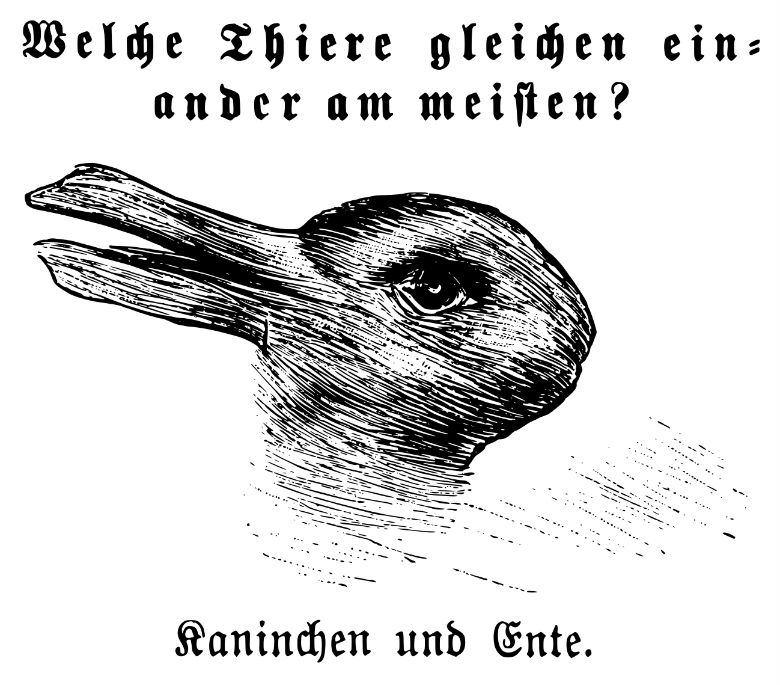Seeking autism insights

There’s always been a strong link between philosophy and psychology. Studying psychological disorders has helped philosophers understand atypical ways of interacting with the world, while philosophical theories have the potential to challenge preconceptions that often limit people with these disorders. But philosophers need to do a better job of understanding these disorders, said assistant professor of philosophy Janette Dinishak, whose research focuses on autism.
Dinishak sees the autism-philosophy link as a two-way street, where philosophy should draw on the personal experience of autism in order to translate it in a meaningful way for autism researchers and the public. Dinishak explores this experience by grounding it in reports from actual autists.
Most philosophical treatments of autism center on what is purportedly missing, an emphasis Dinishak’s research suggests may be misguided. For example, one philosophical notion posits that people with autism are “aspect blind.” Coined by the philosopher Ludwig Wittgenstein, the term describes the inability to see one thing as something else. As reported in Philosophical Psychology, Dinishak’s close look at the statements of autists reveals that the concept of aspect-blindness may be far too limited to fully reflect their actual perception.
“We’re only now just starting to create a language to describe the experience of autism,” said Dinishak, who credits her mentor, Canadian philosopher Ian Hacking, with the broad ideas that shape her work.
—Stephanie Pappas

